There’s so little time in the day to keep up with medical knowledge, let alone ABIM review. But a little time spent reflecting on your learning could go a long way.
In a recent paper titled “Learning by Thinking: How Reflection Aids Performance,” researchers Giada Di Stefano of HEC Paris, Francesca Gino and Gary Pisano of Harvard Business School, and Bradley Staats of the University of North Carolina show that learning coupled with reflection (as opposed to learning alone) leads to better performance and increased self-efficacy.
In one study, participants who did an arithmetic brain-teaser and then reflected on their strategies for solving it went on to do 18% better in a second round than their peers who didn’t set aside time to reflect. In a second study, trainees who were given 15 minutes per day to reflect on key lessons learned performed 23% better on the final assessment than their peers who weren’t given time to reflect.
The Link Between Self-Efficacy, Effort, and Performance
“Often, people do not exert effort on a task if they feel uncertain about whether they will be able to complete that task effectively,” assert the researchers. “Reflection reduces the uncertainty people feel about whether they are capable of successfully completing a given task. As a result, they will exert more effort in subsequent tasks.”
The studies found that participants who thought about or shared their learning with others tended to reflect more positively on their activities. The simple act of having to gather their thoughts about what they were learning made them feel more capable. And this is one of the routes through which reflection generates an improvement in performance.
Reflection May Be Especially Important for Physicians Engaged in ABIM Review
Being a good physician takes confidence, but it’s also easy for physicians to become overconfident about their knowledge base.
Di Stefano and her colleagues remind us that “although everyone’s past experience generally includes ambiguities and errors, we tend to focus on our strengths when evaluating past experiences so that we can maintain a positive view of ourselves. Rather than being realistic, our memories are often positively biased.”
For physicians who may be overconfident about their knowledge base, reflecting on learning could mean the difference between retaining new information (and the ability to put it into practice) and the loss of that learning over time.
Where Traditional Learning Methods for ABIM Review Fall Short
Many doctors use traditional learning and studying methods such as test review books, flashcards, and review courses for their ABIM review. What are they missing?
Di Stefano and her coauthors say the key issue here is not the tools themselves but how you use them: “Our research shows that if you’re doing the same thing over and over without taking the time to step back and think about what you’re learning, you may not perform as well as those who take time to reflect. Consider this: Trainees who spent the last 15 minutes of their day thinking about what they learned ultimately did better than their colleagues, despite the fact that they ‘worked’ 15 minutes less.”
In other words, you could spend all of your available study time reviewing for the ABIM exam, but you’d learn more effectively if you spent some of that time reflecting on your learning.
In our daily battle against the clock, taking time to reflect on your work may seem like a luxury you can’t afford, but the research shows that deliberate reflection is highly valuable and can powerfully enhance the learning process.
“We were fascinated,” said Di Stefano, “to observe how a little extra effort can actually pay off so much.”
For physicians, that could mean a payoff both in the professional setting and on the ABIM exam.



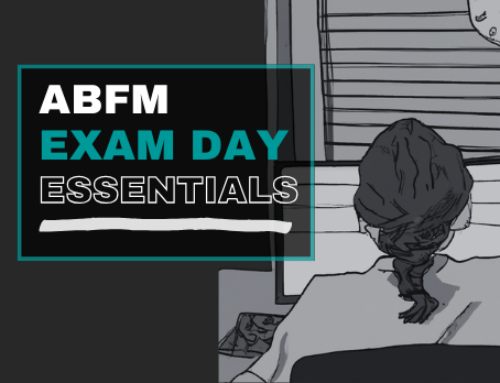
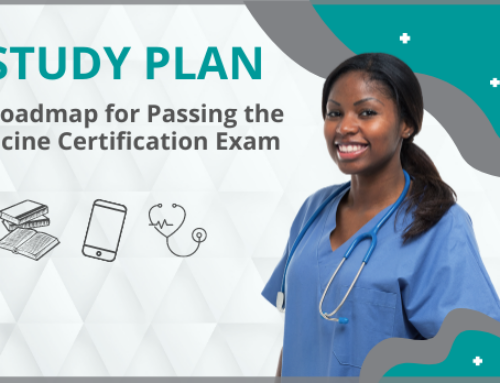
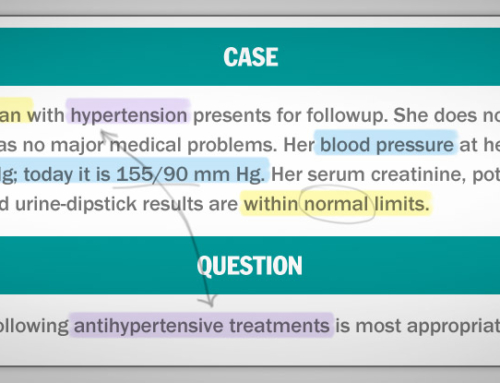
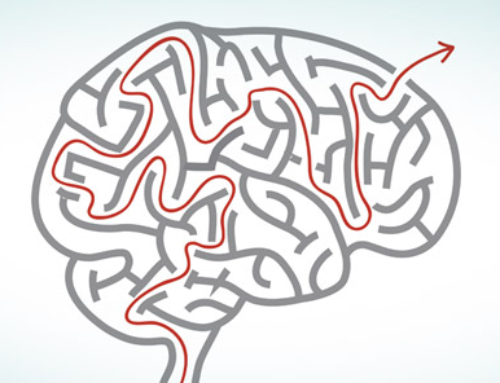
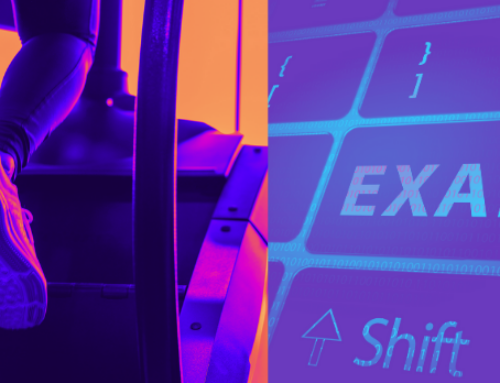
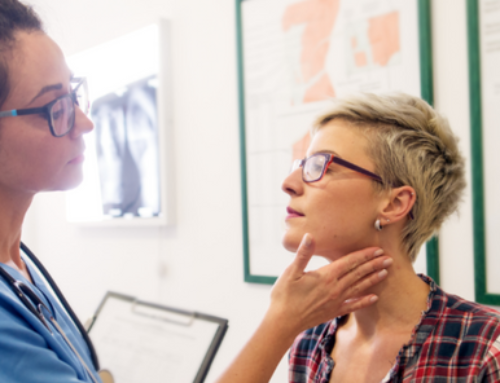
I am happy to participate ABIM review. This review will be a great help to me in my career.